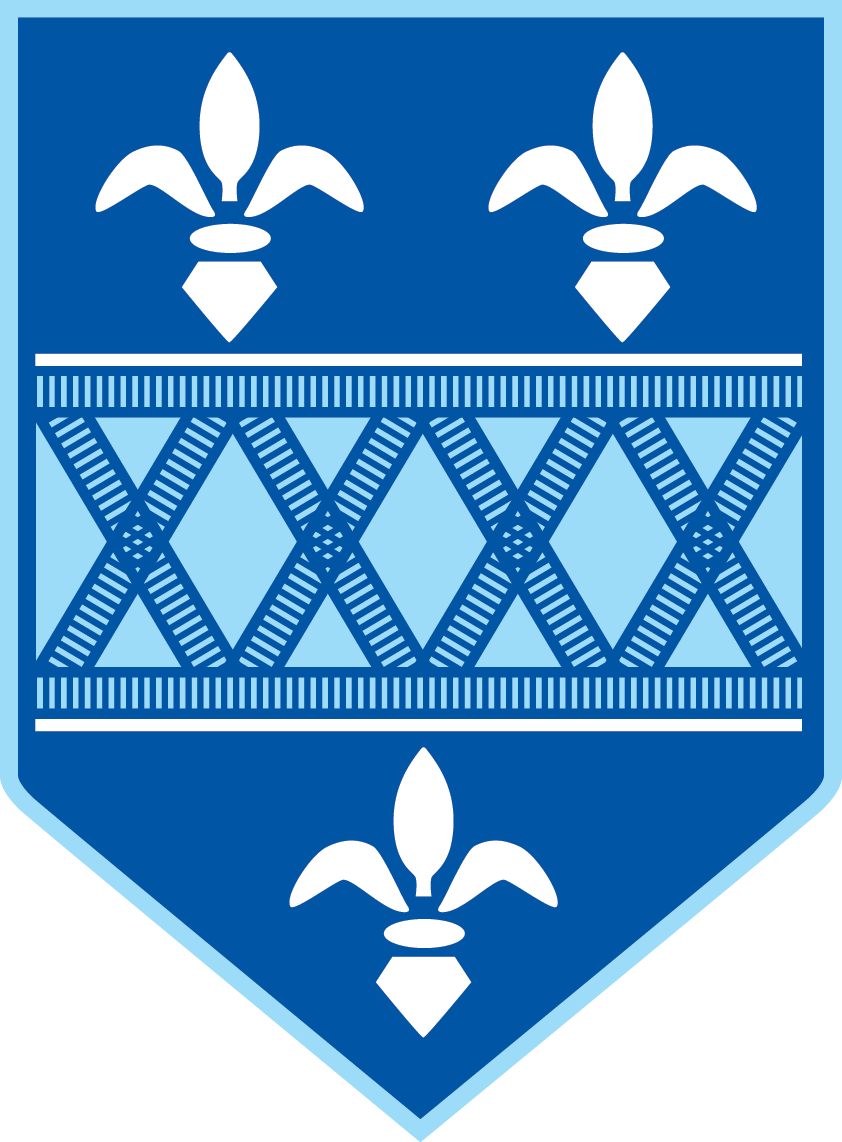Course Description:
All learners will study two components on this two-year course:
Component 1: Philosophy of Religion:
Students will study philosophical issues and questions raised by religion and belief. They will also explore philosophical language and thought, and the works of key thinkers, as illustrated in issues or debates in the philosophy of religion. Religion and Ethics: Topics include normative ethical theories and key ethical concepts, as well as developments in the way these ideas are applied to significant issues in religion and belief. These will be illustrated in issues or debates in religion and ethics, and also by the application of ethical theory to current moral issues.
Component 2: Religion and Dialogue:
This unit provides an opportunity for the systematic study of one religious tradition (Christianity). This will include exploration of religious beliefs, values and teachings, sources of wisdom and authority. It will also include religious practices and the different ways in which these are expressed in the lives of individual, communities and societies. Dialogue between Christianity, philosophy and ethics will also form a key component of this unit of work.
Skills Required:
Critical thinking, deduction, inference and evaluation are key skills needed for success in Religious Studies. Sound, effective and confident written and verbal communication are also essential.
Method of Assessment:
Two 3-hour written papers at the end of Year 13.
Each examination will assess one of the two components.
Each paper accounts for 50% of the final A-Level.
Progression:
On completion of our Religious Studies course, many students will have acquired a diverse range of skills, including critical thinking, enhanced synthesis and evaluation, to name a few. Many students progress to university for further study in the subject or others such as politics, law and history. Career opportunities are vast and varied. Many graduates use their Religious Studies qualification to pursue careers in a variety of areas including education, journalism, law, social work and medicine.

